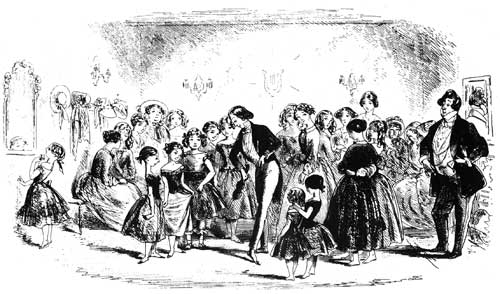It’s the 200th anniversary of the birth of Charles Dickens, the greatest novelist of the Victorian era. I don’t know which of his 20+ novels is my favorite. When I think about it, I am overwhelmed. Maybe it’s Bleak House, a tangle of disputed wills and disrupted inheritance, orphans and mysterious benefactors and country estates. The heroine, an orphan named Esther Summerson, is prissy and meek and painfully self-deprecating and gets smallpox and goes blind. Characters like Tulkinghorn, Detective Bucket and Lady Deadlock populate the world, an entire society really, in all its class divisions from the aristocracy down to the filthy street urchin, in one amazingly efficient, 900-page novel.
In words written on his customary, late night insomniac walks through London, amongst the city’s homeless and hopeless, Dickens described the building that would become his burial place as being “fine gloomy society” for quarter of an hour. Westminster Abbey suggested to him a procession of the dead with “each century more amazed by the century following it than by all the centuries going before”. Instead, 200 years after his birth, Charles Dickens continues to have an enduring relevance, with unmatched wisdom and powers of expression. A chronicler of a world of urban inequality, he was one of the first writers to depict the modern industrial city, a place where many of us still live. He was an influential participant in the social reform of Victorian England with an unparalleld level of eloquence. While the outward manifestation of the grotesque worlds Dickens often described may have changed, the underlying causes remain. He made withering observations of the venal rich and the pathos of the poor, corrupt financiers, child labor, economic disparity and the need for educational reform. It was his moral purpose that led the London Times to call Dickens “the greatest instructor of the Nineteenth Century” in his obituary.



